How to get 15 hours of FREE Play Therapy Training: And improve you work with children
If you are new to the mental health field or have recently started working with children, you might be feeling overwhelmed. If you are considering becoming a play therapist, the process can be confusing!
With so many options, it can be hard to figure out where to start. In this article, Jen Taylor will give you the basics about play therapy and offer you 15 hours of FREE play therapy training (recorded, online, accessible 24/7 with no time limits) so that you can see if this is something worth pursuing further.
What you need to know before beginning your FREE play therapy training
As a Registered Play Therapist-Supervisor and veteran play therapist, I understand that the journey to becoming a play therapist is confusing. So, first things first: The Association for Play Therapy (APT) is the hub for all things play therapy in the United States. If you are reading this and you are outside of the US - there are also associations in Canada, England, Australia, Kenya, Nigeria, China, India and many others (so check with your local region first). You will also find that nearly every US state also has a state play therapy branch: search for your state name + Association for Play Therapy to connect with people in your area.
Also, the play therapy community is VERY generous. You will find answers to so many questions in play therapy Facebook groups like Jackie Flynn's group: Play Therapy Community or Lynn Louise Wonders group: Growing Your Child Therapy Career. As you progress in your play therapy journey, you will find there are also many specialized play therapy Facebook groups. My recommendation is that you start with one or both of the ones above and join other groups over time as you find your groove. *If you are a new to the business side of being a play therapist, then you will also want to join this group: The Business of Therapy with Lisa Dion.
Registered Play Therapist is a protected term...
The Association for Play Therapy has trademarked the terms Registered Play Therapist (RPT), Registered Play Therapist-Supervisor (RPT-S), and School-Based Registered Play Therapist (SB-RPT). A few basics to remember:
- Don't call yourself a play therapist if you have not met the requirements for training, practice and supervision. DO: Tell families that you are studying play therapy and beginning to learn new tools and techniques.
- Don't work in isolation. You will need expert consultation to help guide you through the questions that naturally arise as you begin practicing play therapy interventions. DO: Find a qualified, Registered Play Therapist-Supervisor by searching the Play Therapist directory. Online consultation is allowed!
- Don't load up on expensive play therapy training without a plan! The requirements to become a Registered Play Therapist can be overwhelming and confusing. You will need certain types of classes and there are limits to how much training you can receive online or through recordings. DO: Consult with your Registered Play Therapist-Supervisor to make a detailed plan that meets your needs and interests.
- Don't say you are "being certified in play therapy." DO: Remember that the RPT is a credential and not a certification. It is an addition to your independent clinical license and does not stand alone.
- Don't think all play therapy trainings are equal. The quality of any advertised play therapy trainings can be excellent (most are!); however, not all trainings will count towards the requirements for the RPT credential. DO: Look for trainings that say that the instructor is an "APT Approved Provider followed by their provider number, which is usually six numbers formatted like xx-xxxx).
- Don't rule out colleges and Universities. Many accredited programs now have graduate level courses in play therapy. Some have certificate programs as well. DO: Also, consider that many University-based play therapy training will count too, but it's calculated slightly differently. You will want to get details from the specific program.
- Don't let your status as a student or master's level clinician stop you. You can "count" your play therapy training, supervision and practice hours before independent licensure (assuming you have met the criteria). DO: Wait until you have your independent clinical license (LCSW, LMFT, LPC) before submitting your application.
- Don't assume that everything you read is true. Even from me. Guidelines and requirements can change from the time you start the process until the time you are approved. DO: Always go straight to the source with questions. Call or email the Association for Play Therapy and they can answer any questions that you might have.
- Don't stop learning play therapy just because you are not pursuing a play therapy credential. For some people, the process is too confusing or too expensive. For others, it just isn't the right time. Don't stop learning and consulting about play therapy just because you decided not to pursue credentialing!
Play therapy training comes in many categories!
One more important thing to know. There isn't just ONE kind of play therapist. There are 10 seminal play therapy theories and dozens of other theories that are considered "burgeoning" meaning they are newer and potentially less researched.
Some of the seminal play therapy theories are non-directive. Non-directive play therapy means that the child leads and the therapist follows. There isn't typically an agenda set in advance by the therapist. Other play therapy theories are more directive. In these theories, the therapist is likely to offer interventions, games, books, or other strategies to help children express feelings. No play therapists (directive or non-directive) will ever force a child to do anything.
Directive versus non-directive styles are often about underlying values and beliefs about therapy and finding a good match for as an individual. This is another reason why finding a good supervisor will help you through the process. Some play therapists consider themselves an intentional mixture of both styles. They call themselves prescriptive play therapists - they know when and why to change approaches based on the child.
My recommendation is to get exposure to several of the seminal play therapy theories so that you can start to see what makes each one special. Then, find the one that resonates the most with you and concentrate your next 15-20 hours of training learning more about that theoretical approach.
Free Play Therapy Training covers all the basics (and more)
With all that in mind, one of the free trainings in our bundle of 15 hours of play therapy training is an introduction to play therapy theories. You will also get an introduction to two of the burgeoning play therapy theories: AutPlay Therapy created by Dr. Robert Jason Grant and FirstPlay Therapy created by Dr. Janet Courtney. And because not all children are the same (AT ALL), we also include an intentional look at neurodiversity-affirming practices and this includes the lived experience of neurodivergent play therapist and mom, Katie Bassiri. Finally, the most frequently asked questions are about working with parents are addressed by play therapy's most loved teacher and attachment specialist, Clair Mellenthin.
You can get ANY of these 8 play therapy courses completely free from Jen Taylor Play Therapy services. Each of them provide APT Approved non-contact hour credits, are accessible from any computer 24/7 and have no time restrictions.
Come back and review them again and again. If you are all-aboard the play therapy train, just get this FREE bundle - it will give you all 15 hours in one click.
Meet the Team of Play Therapy Instructors
The courses provided are taught by play therapy leaders and respected instructors. Many are past-Presidents of state play therapy branches, published authors, and international speakers. They are each APT Approved Providers - the non-contact APT credits are provided by each instructor.
We've created a partnership to bring you all of these great courses in one convenient dashboard. Our goal is to reduce the barriers to entry into the play therapy field. This was my goal when I launched the first ever Play Therapy Summit in 2017 and continues to be a driving factor in my play therapy business. For those of you who are new to the field, let me introduce you to this all-star team: Clair Mellenthin, Katie Bassiri, Dr. Robert Jason Grant, Dr. Janet Courtney and Dr. Jodi Mullen.
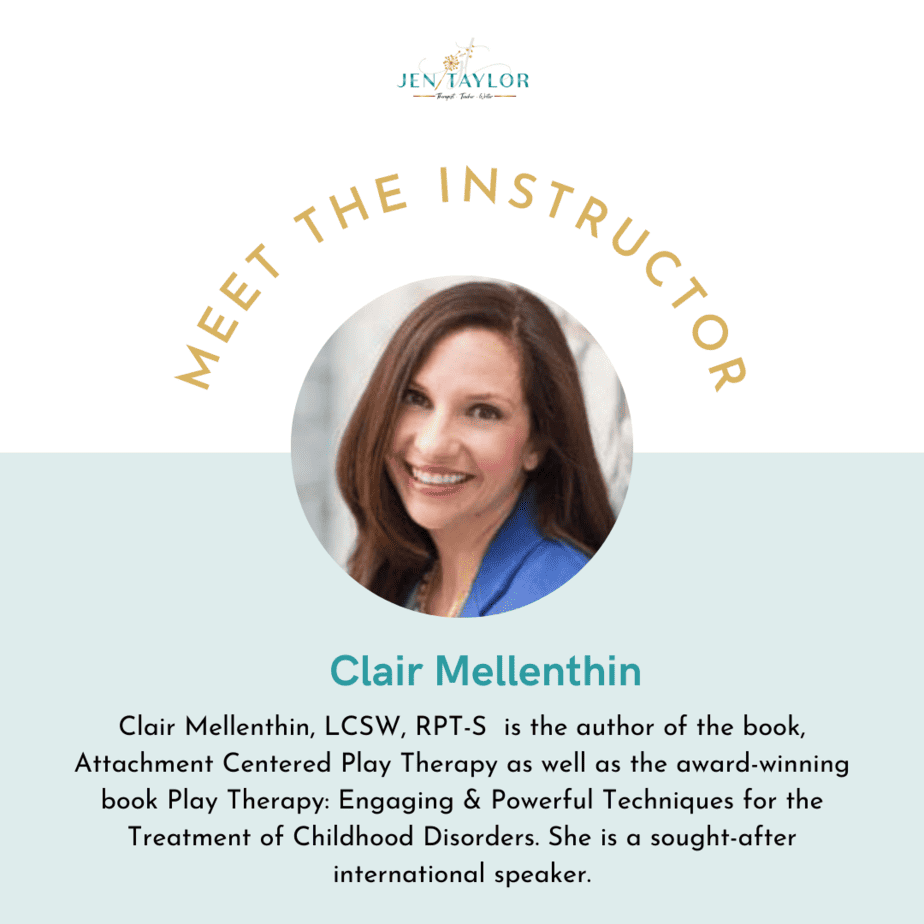
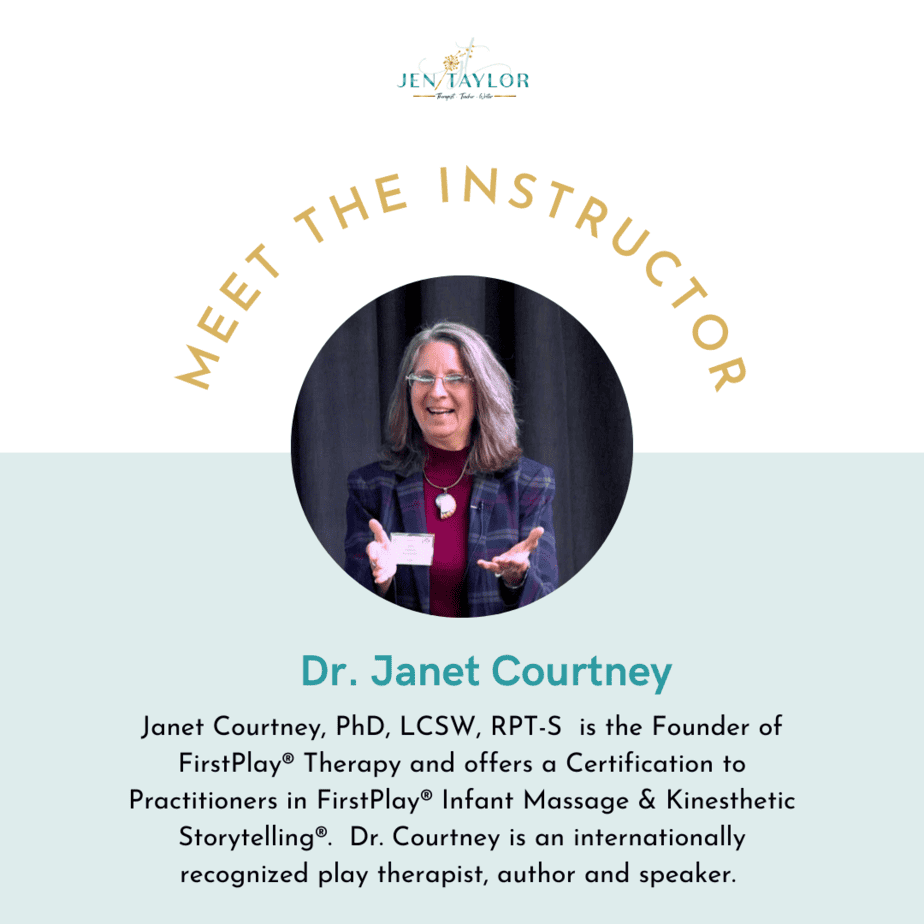
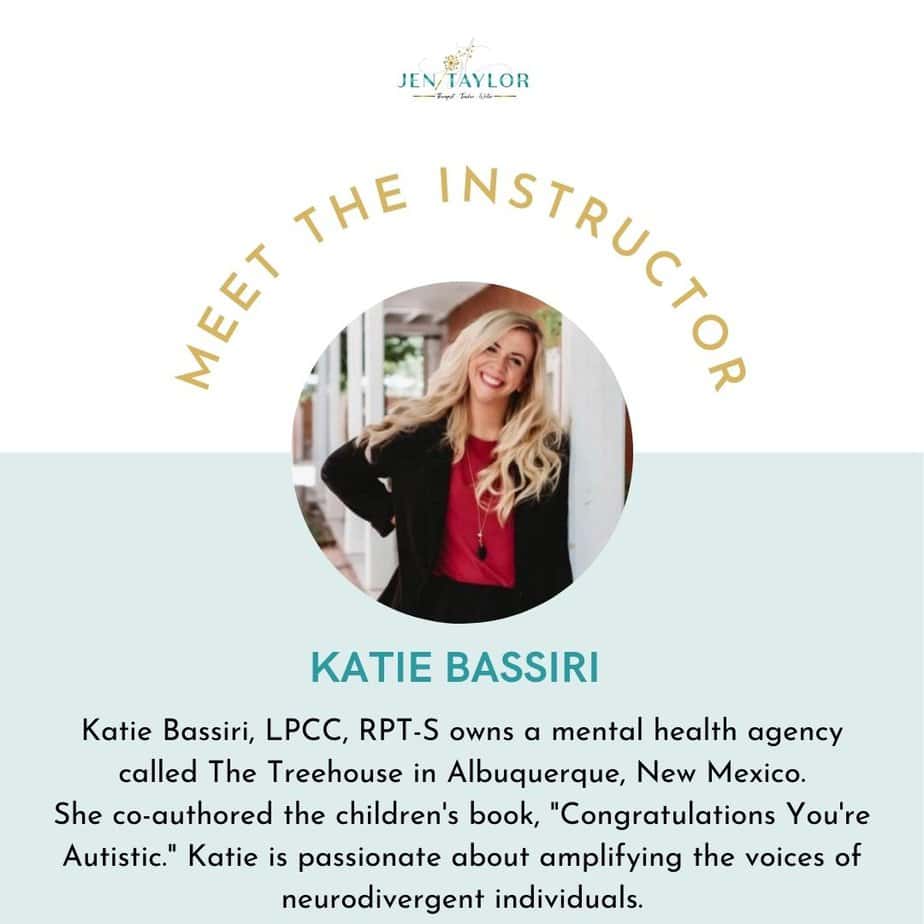

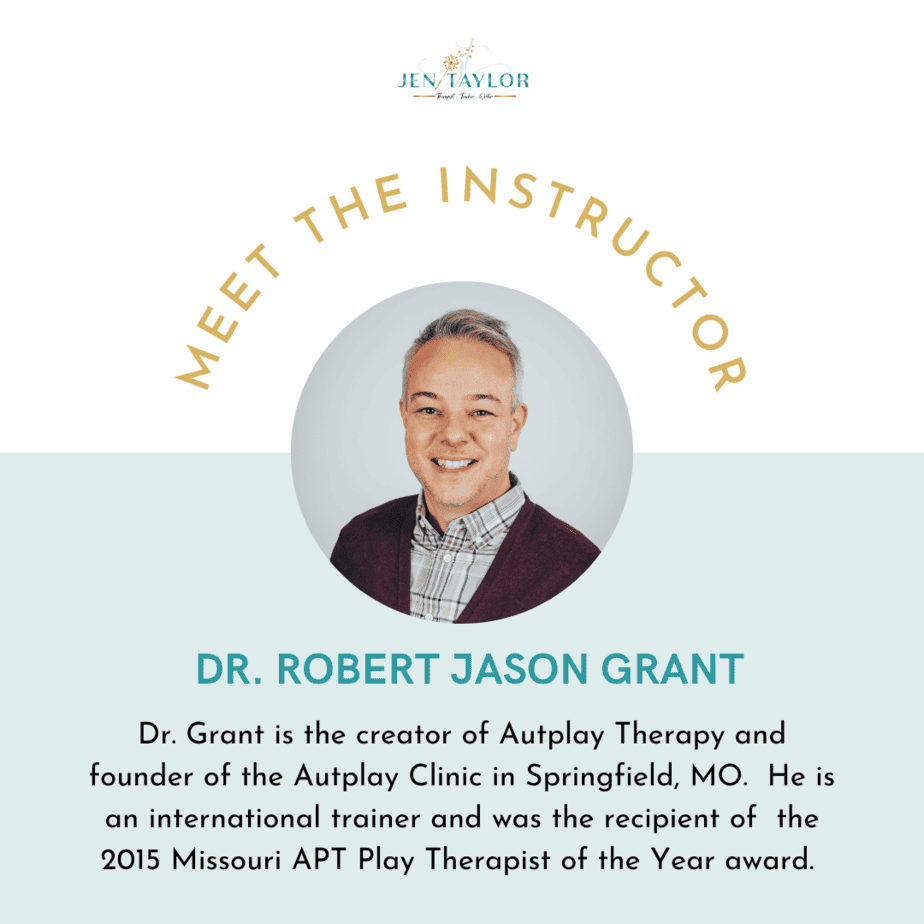

UPDATED: Here are 9 FREE Play Therapy Courses for OVER 15 hours of credits!
Plus, a recommendation for what courses to take next.
FREE: Dilemmas in Play Therapy (1 hour) from Dr. Jodi Mullen
This one hour recorded webinar from Dr. Jodi Mullen and her colleague Joe Perez, explore the most common questions that other play therapists have asked. Both presenters deconstruct the challenges other play therapists face and offer practical and direct ways of handling these sometimes tough conversations, ranging from challenges with divorce, challenges with parents who do not understand play therapy, challenges with resistant parents, and more!
*If you really want a deep dive into child centered play therapy theory, add (or come back for) this follow-up course: Play Therapy Basic Training.
FREE COURSE: Creating a Sensory Affirming Office and Playroom (1 hour) from Dr. Robert Jason Grant
This webinar will focus on a brief overview of sensory processing differences and how the
therapist can be aware, friendly, and affirming of children with sensory differences. The training
will present pragmatic ideas for making play therapy offices and playrooms affirming for sensory needs. Information about toys and materials that can enhance the playroom experience for sensory children is also provided.
*Once you have your physical playroom ready, it's time to expand into the use of digital play therapy tools. Learn how to do that in this course: Integrating Apps in Play Therapy.
This training will review the first-hand experience of a Registered Play Therapist Supervisor's journey from being an autism professional to becoming an autism parent, and the lessons she learned as she better understood both sides. Through the lens of humanistic and prescriptive play therapy, this training will discuss the prevalence of autism and the research on early identification. This training will explore how to address the stigma associated with the autistic label and the crucial role that a play therapist has in autism identification and parent support.
As you learn more about working with neurodivergent children, you might notice that some children display behaviors that feel difficult to treat - until you understand them. Learn more about Pathological Demand Avoidance and how to help these child clients.
This recorded course provides an introduction and overview of FirstPlay® Therapy and the background “story” of its creation with its roots as an adapted Developmental Play Therapy model. It will also distinguish differences between symbolic and pre-symbolic play. It covers the vital importance of the first-play types of experiences to attachment and brain development, and the detriment for children who did not receive those experiences. It also examines how these early life experiences parallel later life relationships.
Keep learning more about working with very young children and their caregivers in this follow-up course, Attachment Theory in FirstPlay
This is a non-contact/home study course that focuses on learning the AutPlay Therapy framework. There are three components necessary to complete the AutPlay Certification Program and become a Certified AutPlay Therapy Provider. All components can be worked on simultaneously. The include completing the free 4-hour Intro to AutPlay course, reading the book: The AutPlay therapy handbook: Integrative family play therapy with neurodivergent children, and completing 3 hours of supervision/consultation with an AutPlay supervisor. This is the final step after steps 1-3 have been completed. You can register for supervision at https://autplaytherapy.com/supervision-services/
Did you know you can get AutPlay certified by taking the follow- up homestudy course, AutPlay Therapy training?
This recorded webinar explores the concepts and philosophy of being neurodiversity affirming within a play therapy framework. The term neurodiversity is examined along with neurodiversity principles. How play therapy theoreis can be neurodiversity affirming is covered along with creating neurodiversity affirming playrooms and implementing neurodiversity affirming play therapy techniques and interventions.
There is so much to learn when it come to neurodiversity affirming play therapy. Increase your competency in this area by studying even more in this 6 hour follow-up course, The Neurodiversity Paradigm and the Play Therapist.
Parents are a powerful force to be reckoned with and inviting them to be a part of the play therapy process is a critical component to creating lasting change in the child’s world. So why is this so hard to do?? Clinicians new and seasoned alike struggle with allowing and inviting parents to participate in play therapy for a multitude of reasons but learning skills in building a strong alliance with the parents is a MUST in child and family therapy.
Yes, you can include parents in play therapy! And yes, you can do play therapy with teens and adults. Learn how in this course: Play Therapy Across the Lifespan.
FREE: Play Therapy Theories: A Basic Overview (1 hour) from Dr. Robert Jason Grant
This one hour recorded webinar from Dr. Robert Jason Grant identifies the 10 seminal and historically significant play therapy theories identified by the Association for Play Therapy (APT). The similarities and differences of play therapy theories will be discussed as well as the difference between a play therapist and a play-based approach. A brief history will be presented and information about prescriptive play therapy and integrative play therapy will be covered.
*If you really want a deep dive into play therapy theory, add (or come back for) this follow-up course: Play Therapy Theories are so Playful (6 hours).
FREE COURSE: Creating a Sensory Affirming Office and Playroom (1 hour) from Dr. Robert Jason Grant
This webinar will focus on a brief overview of sensory processing differences and how the
therapist can be aware, friendly, and affirming of children with sensory differences. The training
will present pragmatic ideas for making play therapy offices and playrooms affirming for sensory needs. Information about toys and materials that can enhance the playroom experience for sensory children is also provided.
*Once you have your physical playroom ready, it's time to expand into the use of digital play therapy tools. Learn how to do that in this course: Integrating Apps in Play Therapy.
This training will review the first-hand experience of a Registered Play Therapist Supervisor's journey from being an autism professional to becoming an autism parent, and the lessons she learned as she better understood both sides. Through the lens of humanistic and prescriptive play therapy, this training will discuss the prevalence of autism and the research on early identification. This training will explore how to address the stigma associated with the autistic label and the crucial role that a play therapist has in autism identification and parent support.
As you learn more about working with neurodivergent children, you might notice that some children display behaviors that feel difficult to treat - until you understand them. Learn more about Pathological Demand Avoidance and how to help these child clients.
This recorded course provides an introduction and overview of FirstPlay® Therapy and the background “story” of its creation with its roots as an adapted Developmental Play Therapy model. It will also distinguish differences between symbolic and pre-symbolic play. It covers the vital importance of the first-play types of experiences to attachment and brain development, and the detriment for children who did not receive those experiences. It also examines how these early life experiences parallel later life relationships.
Keep learning more about working with very young children and their caregivers in this follow-up course, Attachment Theory in FirstPlay
This is a non-contact/home study course that focuses on learning the AutPlay Therapy framework. There are three components necessary to complete the AutPlay Certification Program and become a Certified AutPlay Therapy Provider. All components can be worked on simultaneously. The include completing the free 4-hour Intro to AutPlay course, reading the book: The AutPlay therapy handbook: Integrative family play therapy with neurodivergent children, and completing 3 hours of supervision/consultation with an AutPlay supervisor. This is the final step after steps 1-3 have been completed. You can register for supervision at https://autplaytherapy.com/supervision-services/
Did you know you can get AutPlay certified by taking the follow- up homestudy course, AutPlay Therapy training?
This recorded webinar explores the concepts and philosophy of being neurodiversity affirming within a play therapy framework. The term neurodiversity is examined along with neurodiversity principles. How play therapy theoreis can be neurodiversity affirming is covered along with creating neurodiversity affirming playrooms and implementing neurodiversity affirming play therapy techniques and interventions.
There is so much to learn when it come to neurodiversity affirming play therapy. Increase your competency in this area by studying even more in this 6 hour follow-up course, The Neurodiversity Paradigm and the Play Therapist.
Parents are a powerful force to be reckoned with and inviting them to be a part of the play therapy process is a critical component to creating lasting change in the child’s world. So why is this so hard to do?? Clinicians new and seasoned alike struggle with allowing and inviting parents to participate in play therapy for a multitude of reasons but learning skills in building a strong alliance with the parents is a MUST in child and family therapy.
Yes, you can include parents in play therapy! And yes, you can do play therapy with teens and adults. Learn how in this course: Play Therapy Across the Lifespan.
You've taken the first step towards becoming a play therapist!
Remember, the entire process of becoming a Registered Play Therapist takes about 2-5 years. Even if you are not pursuing the credential, it is essential that you practice, practice, practice. Play therapy is a language - and it takes some time to develop fluency in that language. Training, direct practice with clients and expert consultation from other play therapists are the three keys to success!
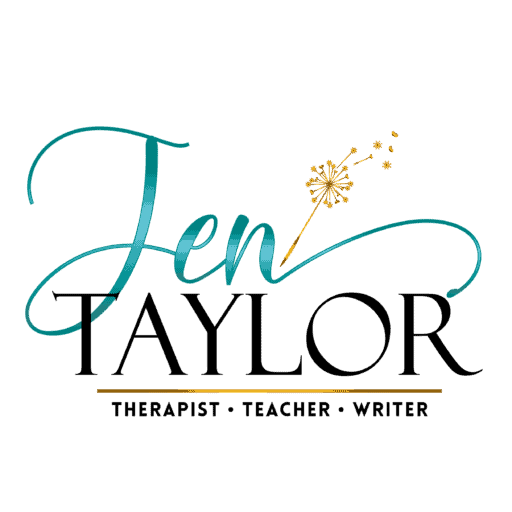
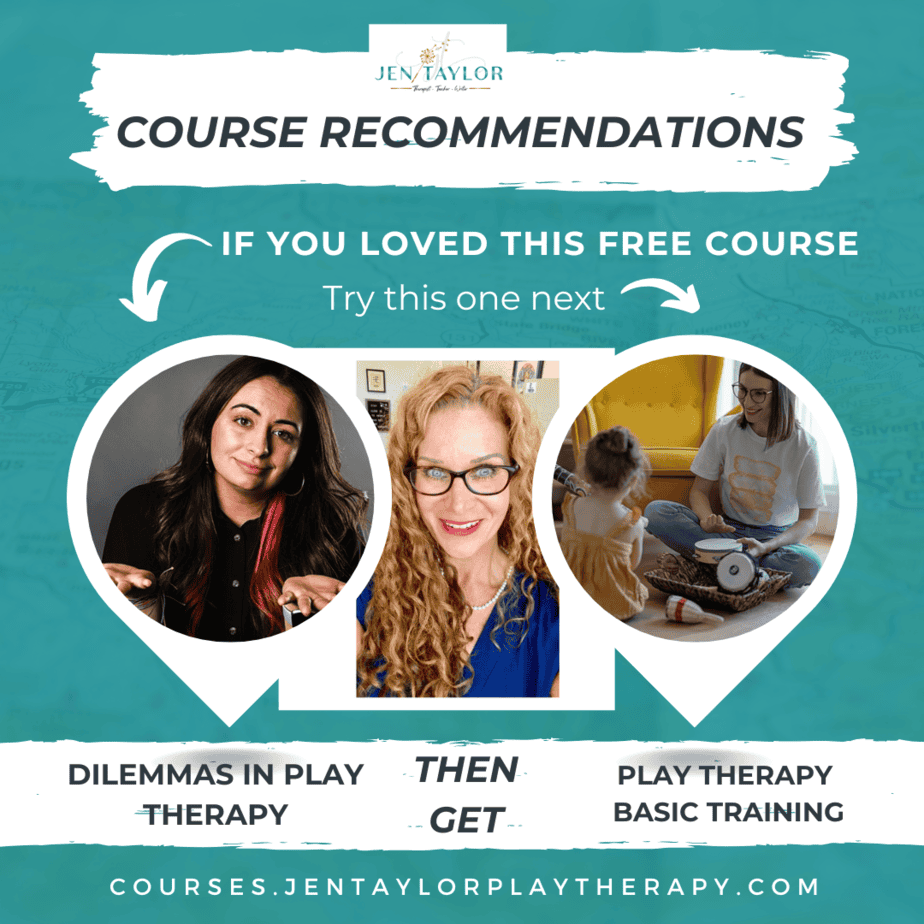
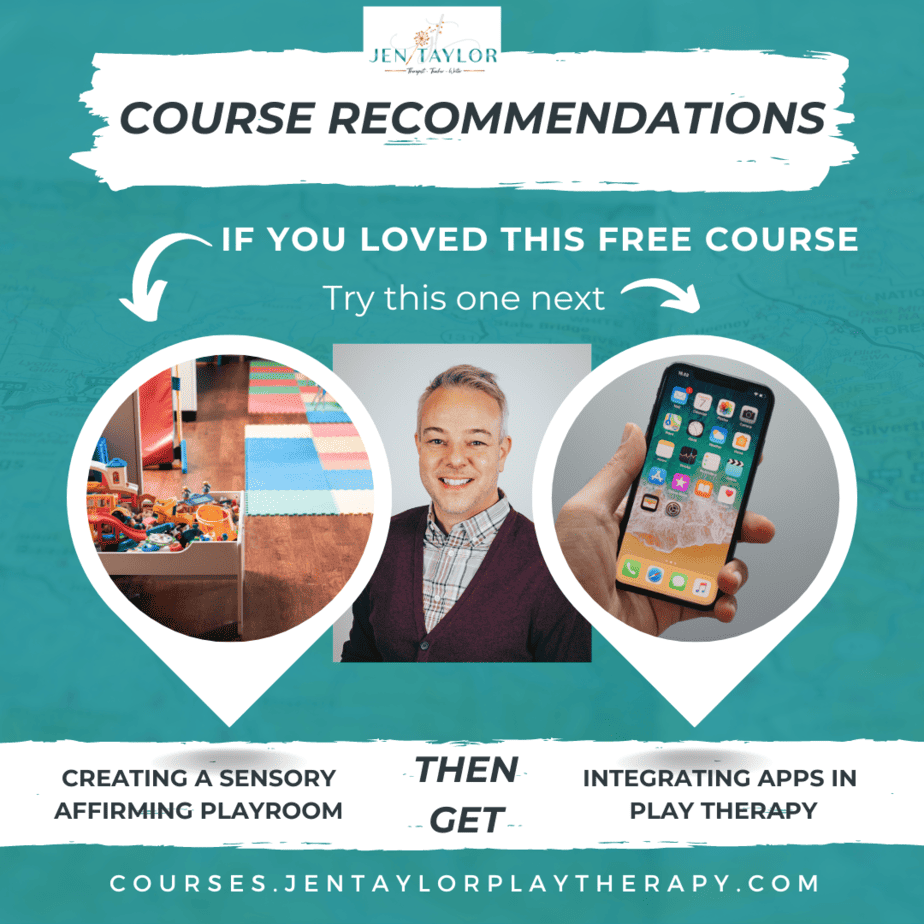
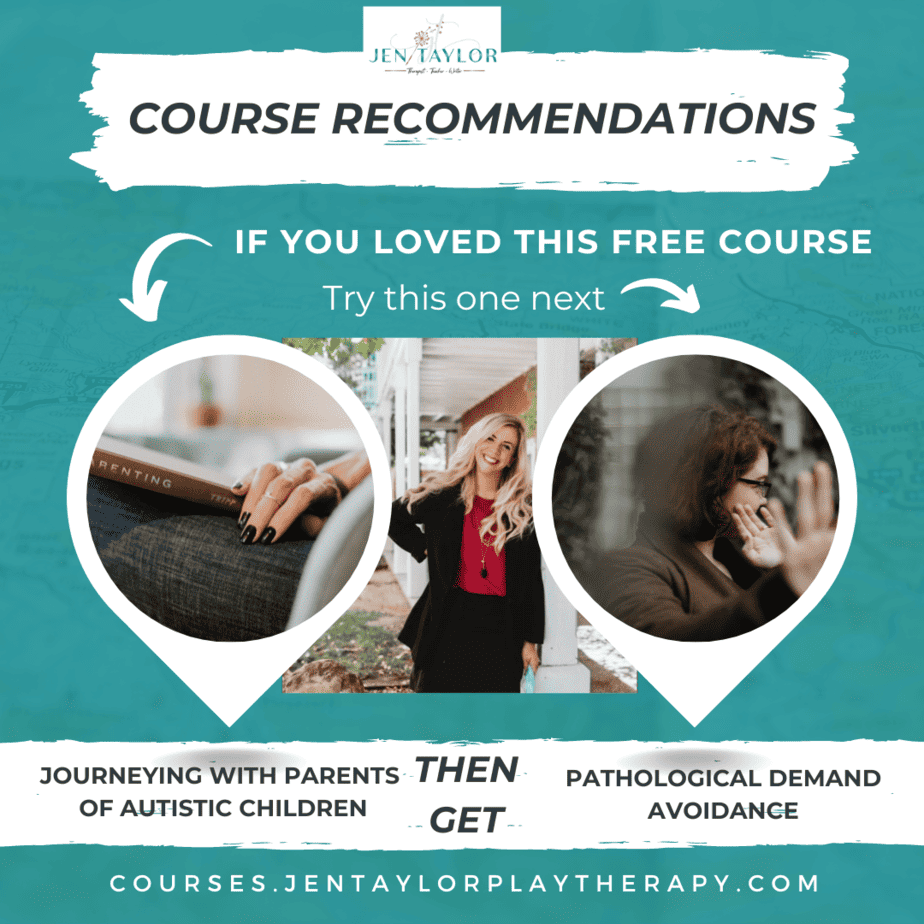
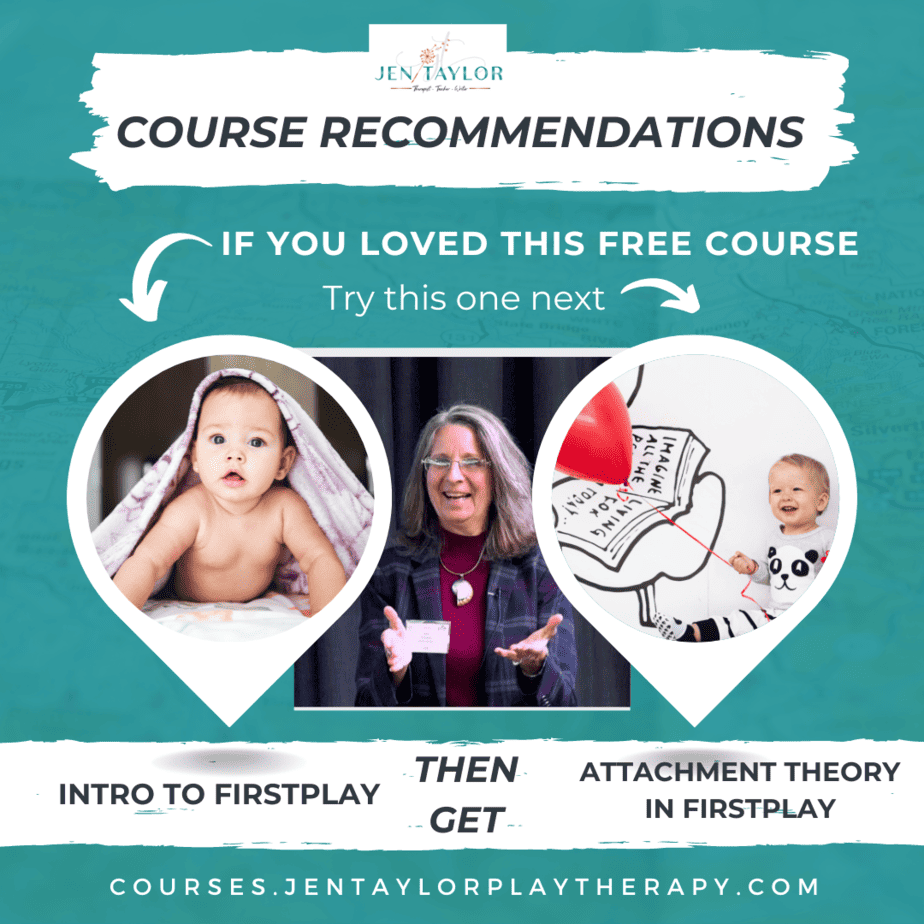
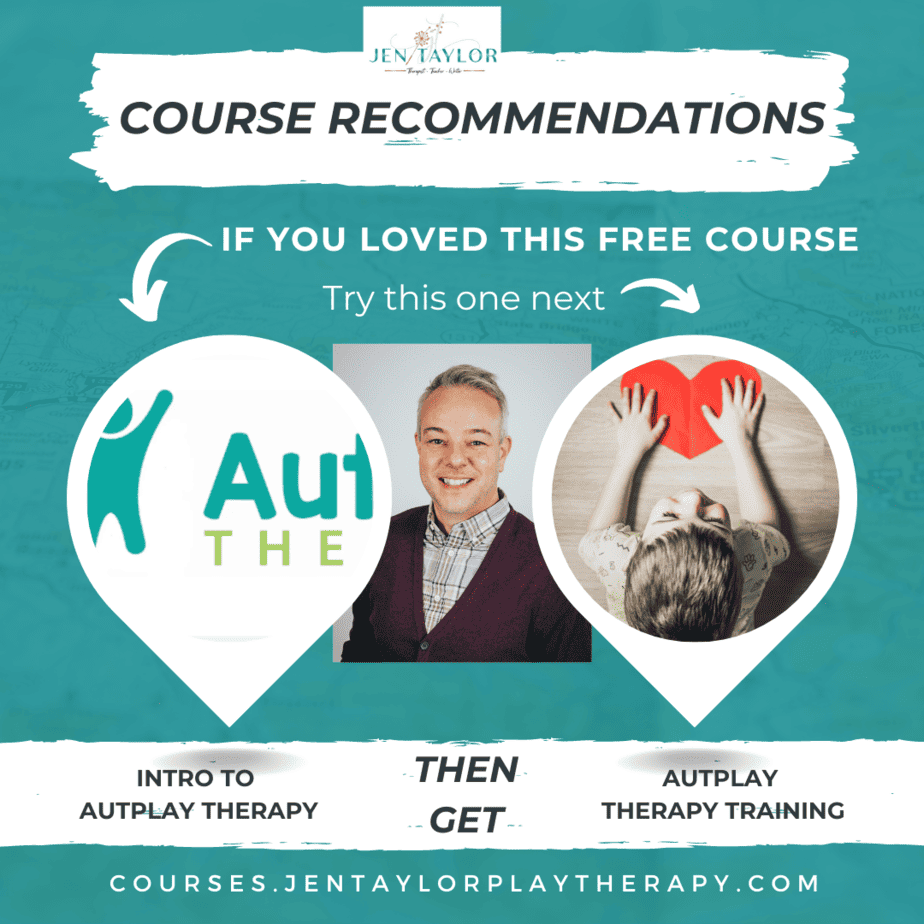
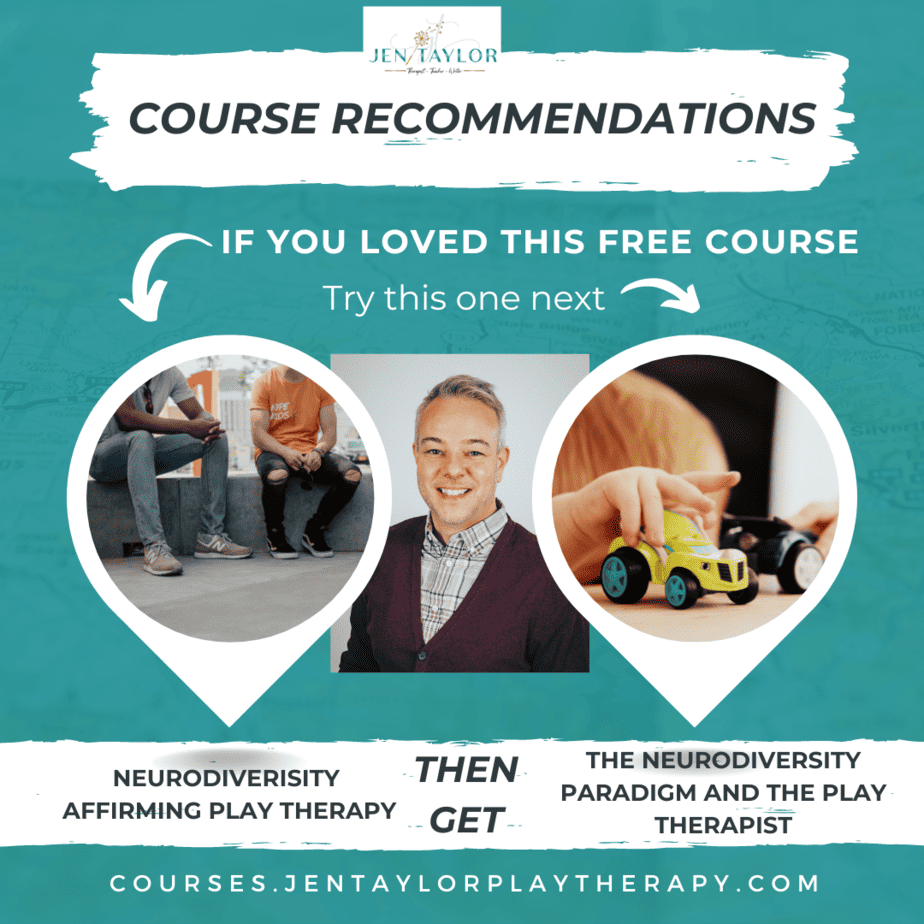
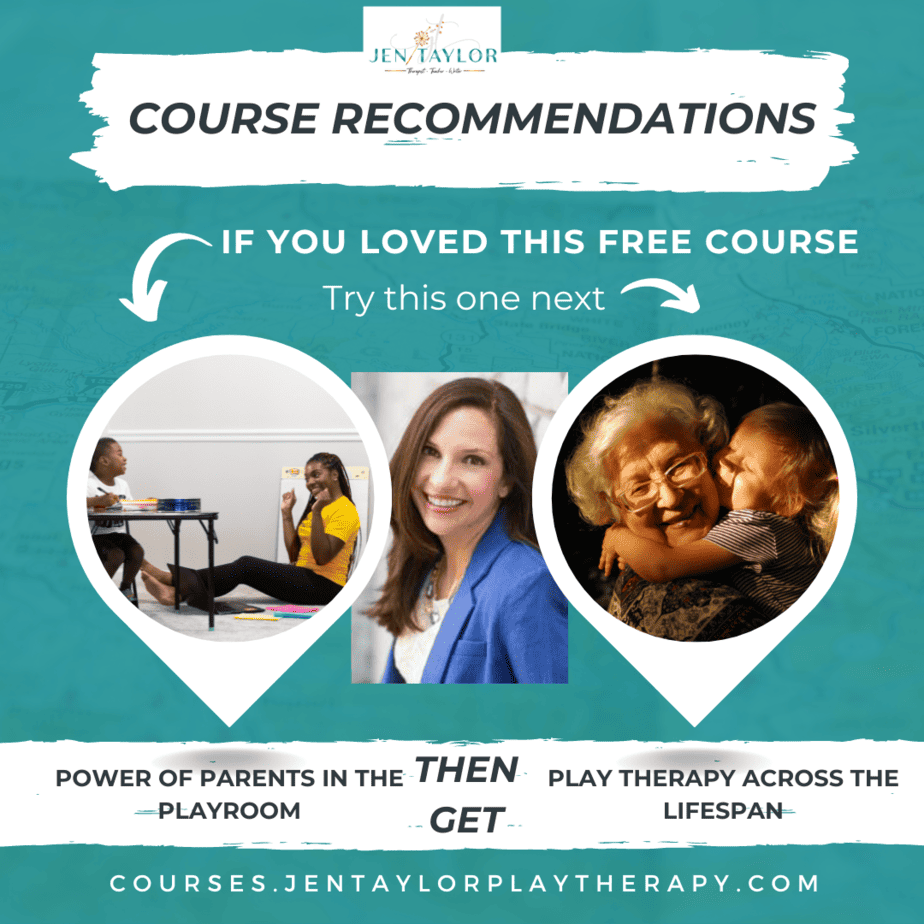
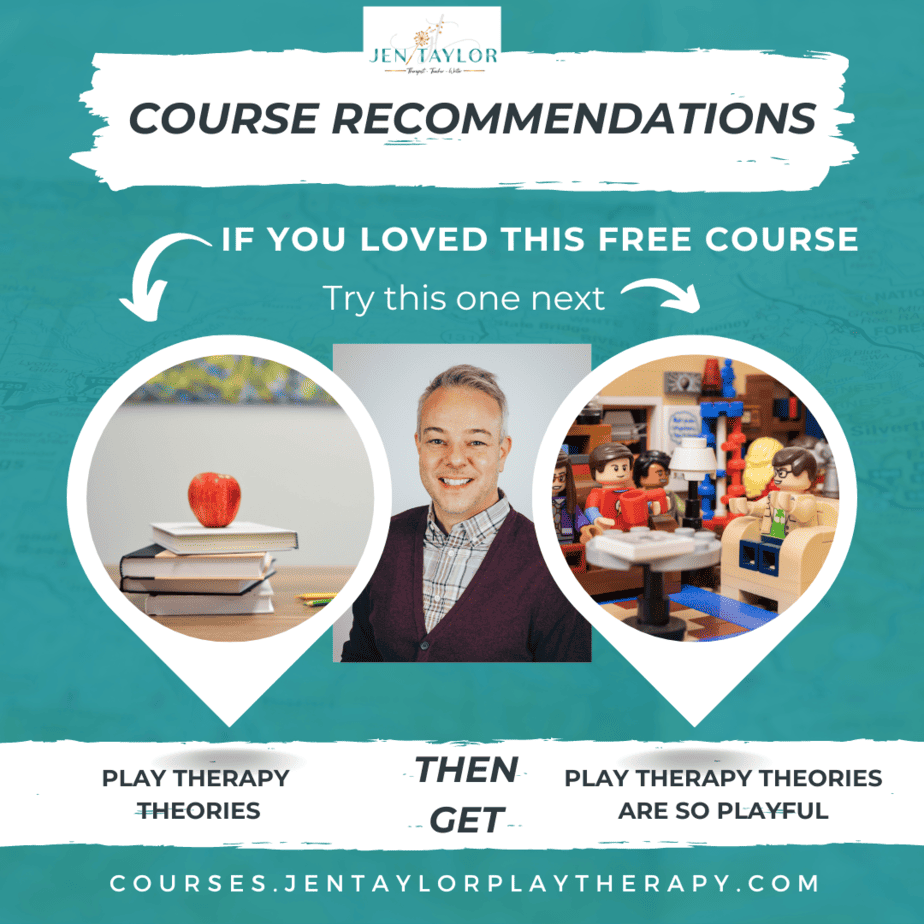
0 comments